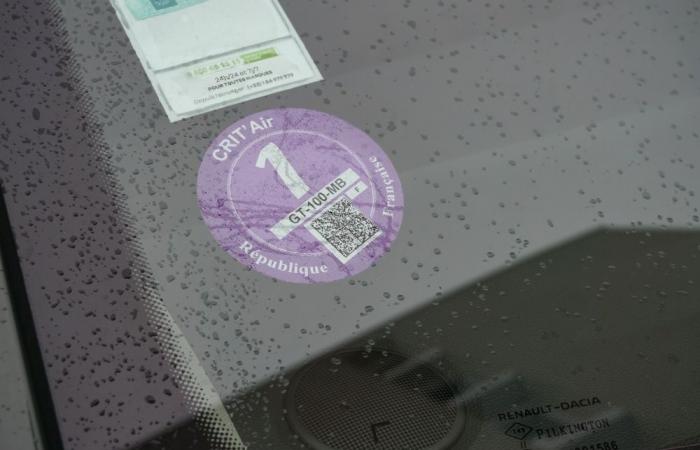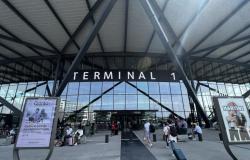From January 1, 2025, the lives of many French drivers will be turned upside down. The establishment of Low Emission Zones (ZFE) in 42 urban areas with more than 150,000 inhabitants will impose strict traffic restrictions, in application of the Climate and Resilience law of 2021. If these measures aim to improve the quality of In the air, they provoke an outcry. The “40 million motorists” association is sounding the alarm on the social impacts of these decisions.
ZFE: towards a radical change in mobility
ZFEs prohibit the circulation of the most polluting vehicles in large French cities. This system, based on the Crit’Air classification, mainly excludes old vehicles, in particular those registered before 1997 and Crit’Air 3, 4 and 5 in the most affected areas such as Paris and Lyon.. These bans apply not only in cities regularly exceeding pollution thresholds, but can also be adopted voluntarily by other urban areas.
| Crit’Air | Types of vehicles affected | Restrictions apply |
|---|---|---|
| 5 | Diesel registered before 2001 | Prohibited |
| 4 | Diesel registered between 2001 and 2006 | Prohibited |
| 3 | Diesel 2006-2010 et essence 1997-2006 | Prohibited in certain areas |
This classification does not fail to cause debate, because it does not always reflect the real performance of vehicles. According to critics, a well-maintained old car can pollute less than a newer, larger model. The “40 million motorists” association estimates that around 10 million drivers, or a quarter of French motorists, will be directly affected by these restrictions. The latter, often from lower social categories, do not have the means to replace their vehicle. They risk seeing their mobility severely limited, particularly in rural areas where public transport is insufficient.
Criticisms of a measure perceived as disconnected
The Crit’Air system is at the heart of the criticism. Many motorists consider it unfair that a vehicle that complies with technical inspection can be banned from circulation on the pretext of seniority. “How can we explain that a car validated by an anti-pollution test is suddenly declared non-compliant with environmental criteria? », asks Pierre Chasseray, general delegate of the association. In addition, young drivers, already faced with high fees to obtain their license, find themselves excluded from access to affordable vehicles.. This situation accentuates social inequalities and limits access to mobility for many citizens.
To alert public opinion, “40 million motorists” produced a documentary entitled ZFE: the social time bomb. This film brings together testimonies from users who feel abandoned by policies perceived as elitist. These motorists denounce a measure designed in an urban framework which does not take into account the realities of peri-urban and rural areas.
What alternatives for sustainable mobility?
While recognizing the importance of the fight against pollution, the association calls for more inclusive solutions. Among the proposals: encouraging the retrofit of vehicles to improve their environmental performance, or even establishing more accessible financial aid for the replacement of old vehicles.
| Consequences | Impact on users |
|---|---|
| Loss of mobility | Difficulty getting to work |
| Additional costs | Purchasing expensive new vehicles |
| Social injustices | Discrimination of the most modest |
The debate on EPZs highlights a divide between environmental objectives and social imperatives. If the intention to reduce polluting emissions is indisputable, the consequences on the most modest users raise ethical and practical questions. A few weeks before these measures come into force, the challenge for public authorities is to ensure a fair and sustainable ecological transition.
A reaction? Leave a comment
Did you like this article? Subscribe to our free Newsletter for engaging articles, exclusive content and the latest news.






